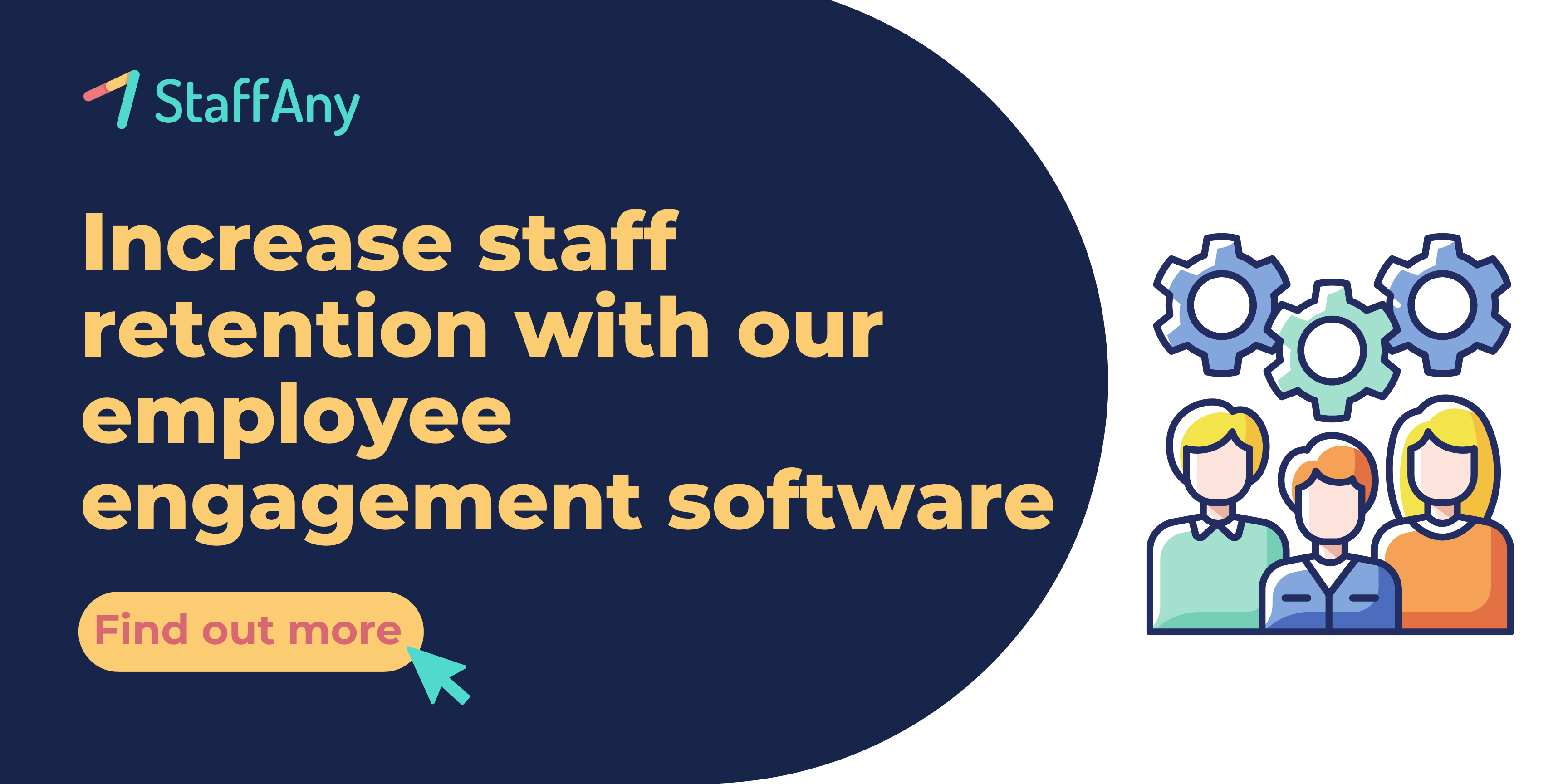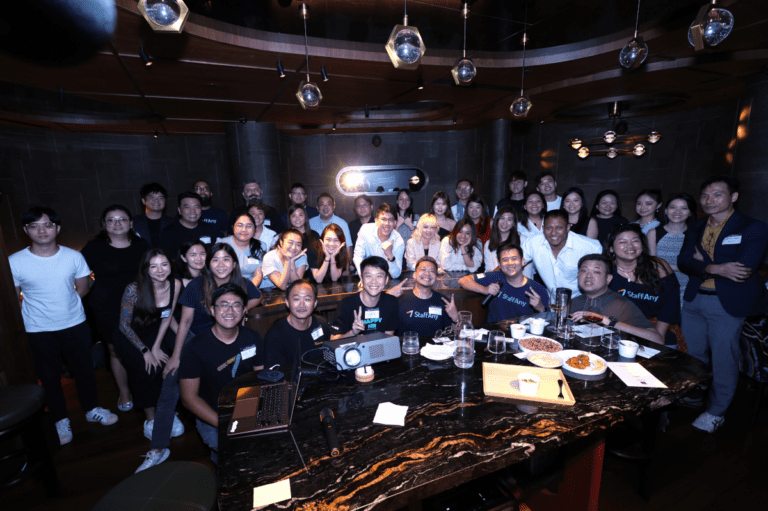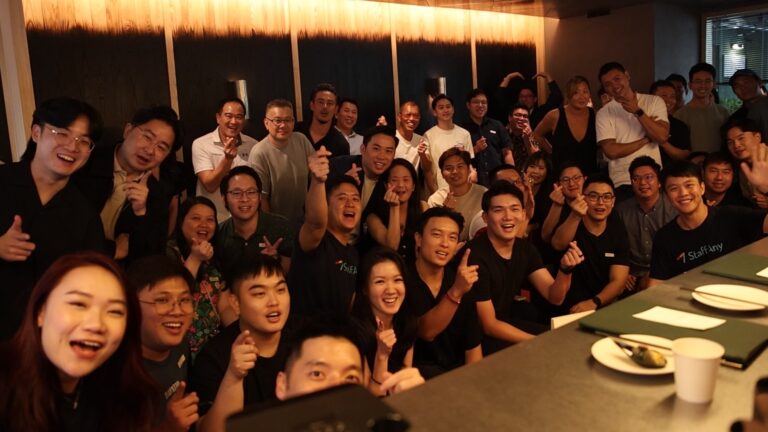When managing an F&B establishment in Singapore, it’s crucial to have knowledge about the various types of allowances you can offer your employees. Allowances are extra payments made by the company to their employees, in addition to their regular salary. These payments are typically designed to cover specific expenses or to offer financial assistance for particular needs.
This article will provide an overview of the common allowances offered by F&B employers to their employees in Singapore.
8 Types of Allowance for F&B Employees in Singapore

It’s important to note that not all companies in Singapore offer all types of allowances, and the amount and conditions for receiving each type of allowance may vary. Here are some of the main allowances that employers typically provide:
1. Transport Allowance
Transport allowance is provided to employees to cover commuting to and from work. This can include the cost of public transportation, such as buses or trains, and the cost of fuel for those who drive to work. Transport allowance will also be provided if an employee is being asked to cover an urgent shift at the last minute, commute from one outlet to another, or work beyond their regular hours. A transport or travel allowance may also be provided when sending employees to training programs or courses outside of their place of work, such as culinary school or a health safety course.
2. Meal Allowance
This allowance is intended to cover the cost of meals for employees who are required to work away from their regular place of work or for those who are required to work during meal times.
3. Overtime Allowance
Overtime allowance is provided to employees to compensate them for working extra hours. This can include time and a half pay, or even double pay, for hours worked beyond the standard workweek.
4. Shift Allowance
Shift allowances are payments provided by employers to employees for working shifts. This allowance is typically provided to employees who are required to work shifts or who are on call outside of regular working hours.
Shift allowance are payments to cover the cost of working shifts, such as night shifts or weekends, working during a public holiday, or special events which may require employees to work during non-typical hours.
Read more: 7 Great Employee Retention Strategies
5. Medical Allowance
Medical allowance is provided to employees to cover the cost of medical expenses. This can include the cost of doctor’s visits and other medical-related fees. This allowance can benefit employees with chronic health conditions, as it can also benefit companies, especially if the employee is essential.
6. Training Allowance
Training allowance can include the cost of on-the-job training for employees while they are working, such as hands-on training in the kitchen or on the floor of a restaurant, or an external training certification allowance for certification exams or fees, such as those for food safety.
7. Communication Allowance
Communication allowance is provided to employees to cover their communication expenses. This can include fees related to communication devices and services, such as mobile phones, laptops or internet data plans. This allowance is usually provided to employees who use their personal communication devices for work-related purposes.
8. Commission Allowance
Some F&B companies offer commission to their employees for sales generated or for meeting certain targets. This form of allowance or incentive can lead to increased productivity and motivation among employees.
Read more: Importance of Employee Engagement in Human Resource Management and How to Improve It
Other Benefits F&B Employers Typically Offer
There are also other allowances that employers in Singapore usually provide for their employees, such as:
1. Paid Leave
Paid time off, also known as vacation time, is time off with pay provided by employers for employees. This benefit is typically provided to employees to allow them to take time off for vacation, personal, or family reasons.
Paid leave is time off with pay provided by employers for employees. In the F&B industry, paid time off is an important benefit and allowance that employers can offer to their employees. It allows them to take time off for rest and rejuvenation, which can help improve their overall well-being and job performance. Paid time off can also help employees to manage their work-life balance, and reduce the risk of burnout.
2. Insurance Benefits
Insurance benefits are payments provided by employers to employees to help cover the cost of insurance. Many F&B companies usually offer health insurance benefits to their employees, which can cover medical expenses such as hospitalisation and doctor visits.
The allowances and benefits listed above can be cash or non-cash. The amount and conditions for receiving each type of allowance or benefits may vary based on their job function, seniority, or other factors.
Providing allowances for F&B employees can be beneficial for both the employees and the establishment. They can help to attract and retain top talent, improve employee satisfaction, and improve overall job performance.
StaffAny’s workforce management software helps you keep track of your employees’ work performance, leave management, and helps you get real-time information to changes on the ground. With our HR reporting software, you can get reports in a single click, and exportable anytime at your convenience for your payroll software.













